Synonymous with safety and Swedish sensibility Volvo has always been an innovative, somewhat leftfield but consistently respected force in the automotive industry. An influential yet somewhat smaller player than German rivals, brand perception of Volvo tended to focus more on safety and practicality aspects than its luxury credential. In a state of flux during recent years, Volvo emerged from the 2008 global financial crisis as an independently-operated and resurgent brand and well-funded, when Chinese automaker Geely bought the iconic Swedish brand in 2010.
With a decidedly more luxurious approach, new platform and cutting edge hybrid, safety and semi-autonomous technologies, several new models launched and in the pipeline, Volvo is due to arrive back in the Jordanian market after a hiatus in recent years and plans to capture 10% of the local premium segment market share, according to new Jordanian and long-time Lebanese importer GAA & Co. Ahead of its’ expected launch in Amman this month, Venture discussed the brand’s position, plans, prospects in Jordan with the Volvo Car Group’s Turkish-based General Manager for the MENA & CIS regions, Emre Karaer.
Q&A
GM: What has prompted Volvo’s decision to re-enter the Jordanian market now, after an official absence during the last few years, and when is the new dealership scheduled to open?
EK: Jordan is considered a stable and important market in the region. The automotive sector is growing steadily year on year. Adding to that, the Hybrid vehicle market represents a good prospect; the import of this type of vehicles is rising thanks to the Jordanian Government’s decision to reduce taxes on them. We believe that our entry to this market is a significant step, thus we made sure to appoint the right dealer who will establish our presence with a human-centric customer approach offering a competitive edge. We are planning to be operational beginning of 2017.
GM: Last time around, Volvo’s official importer in Jordan also represented other premium automotive brands. Did this create a conflict of interest in the past, and will the new importer be representing any other possible rival brands?
EK: Our focus today is on the future of Volvo Cars in Jordan and how we make it stronger and closer to the hearts of our fans. I strongly believe that with our new partner GAA & Co – which has long-standing experience with our brand coupled by a new complete product portfolio – we can create a success story. Thanks to the brand’s transformation strategy, today Volvo Cars has a range of vehicles that combine bold exterior and interior design with industry-leading connectivity, powertrain engines, electrification and autonomous drive technologies.
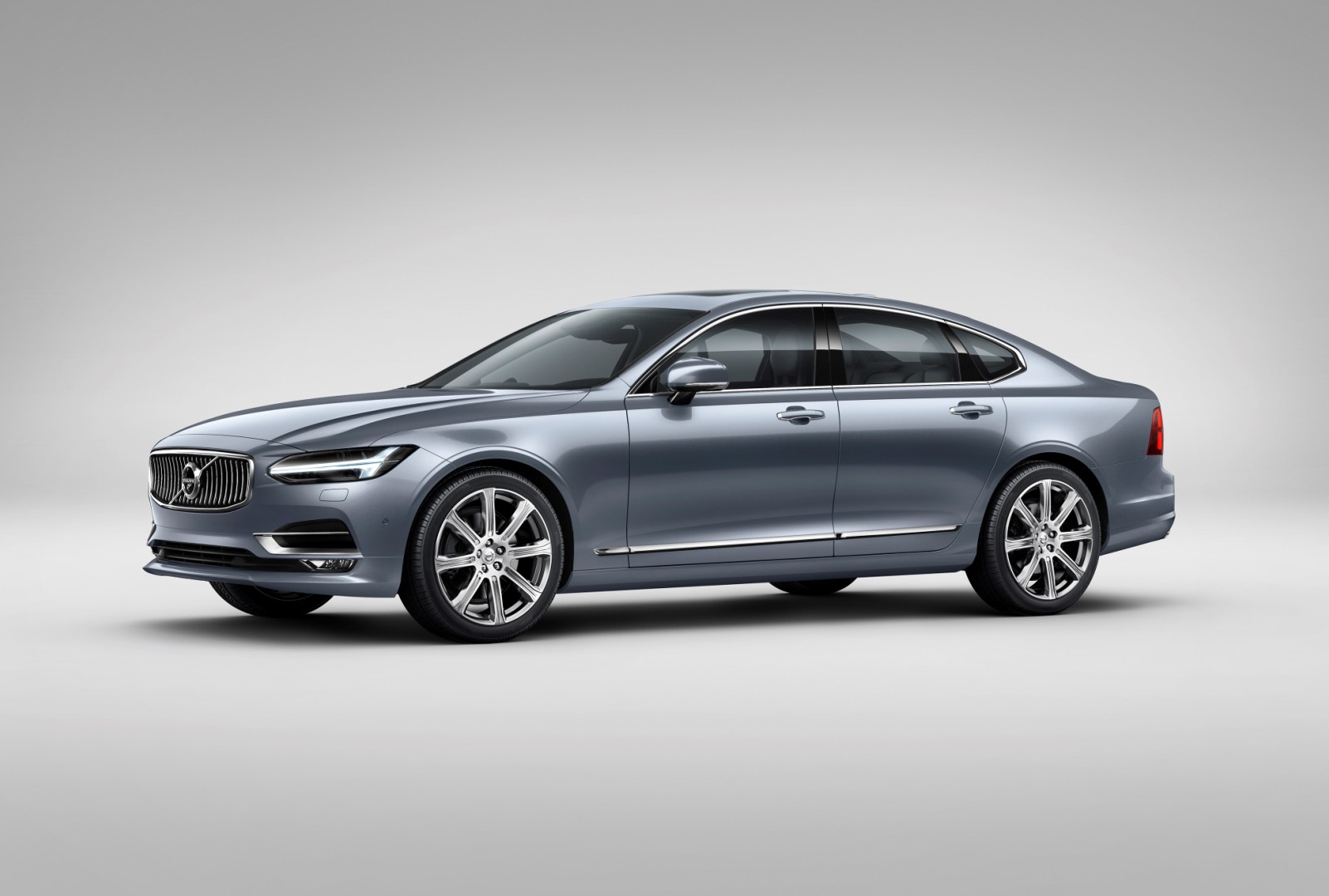
GM: The most popular premium brand in Jordan is Mercedes-Benz, which is partly due to the fact that it has had the same official importer since the 1950s and reliable aftersales services. Do you think that GAA’s long association with the Volvo brand in Lebanon could translate as an influencing factor in building consumer confidence in Jordan?
EK: We believe it somehow resembles the Mercedes-Benz case, as GAA & Co have been Volvo’s importer in the Lebanese market for the past 54 years. We strongly believe that their experience with our brand will help us build customer confidence. However, it’s important to highlight that GAA & Co is in Jordan as a Jordanian company with a privilege that they have a strong background about our brand. We and GAA & Co aim to serve the local customers and make history.
GM: Will GAA’s familiarity with the Volvo brand outweigh unfamiliarity with the Jordanian automotive market in terms of establishing and successfully managing Volvo Jordan?
EK: GAA & Co has a professional and skilled team with benchmark operations and strong association with Volvo as a brand thanks to their internal major restructuring which started in 2013. We believe their expertise and dedication to our brand in Lebanon can bring out great achievements in Jordan as well.
GM: A developing and high tax automotive market, Jordan is particularly price-sensitive, which I understand was a contributing factor to Volvo pulling out of the Jordanian market in the past. Will Volvo be seeking a competitive pricing structure this time, and would such a move undermine the brand’s now more decidedly premium trajectory and products?
EK: Volvo Cars is a global company with strong brand assets. We understand that for us to succeed in any market, we need to have a holistic approach from design to distribution to after-sales service. Our aim on a global level is to have the right premium products that are not only competitive in terms of price but also the safest, cleanest and most powerful, featuring cutting-edge technologies and breakthrough engines – and this will be the case in Jordan taking into consideration the market’s automotive scene.
GM: In the few years that Volvo has been absent in Jordan the brand has taken a more premium and luxury oriented direction. What is Volvo’s plan to establish such a perception in the Jordanian market, where Volvo has not traditionally had a big presence?
EK: Volvo Cars is going through a major transformation strategy on a global level which will have its impact on Jordan as soon as our partner starts its operation. Yes, Volvo used to be a relatively small player in the premium automotive segment but that was just the past. Today, we are working on a new strategic milestone set a few years back to establish Volvo as a global major player in the premium segment by 2020. In an effort to boost annual global sales to 800,000 units by 2020, Volvo Cars will have a complete new premium product portfolio. We already started to witness the success of our new strategy with the award winning XC90 and S90 as the first two new products.
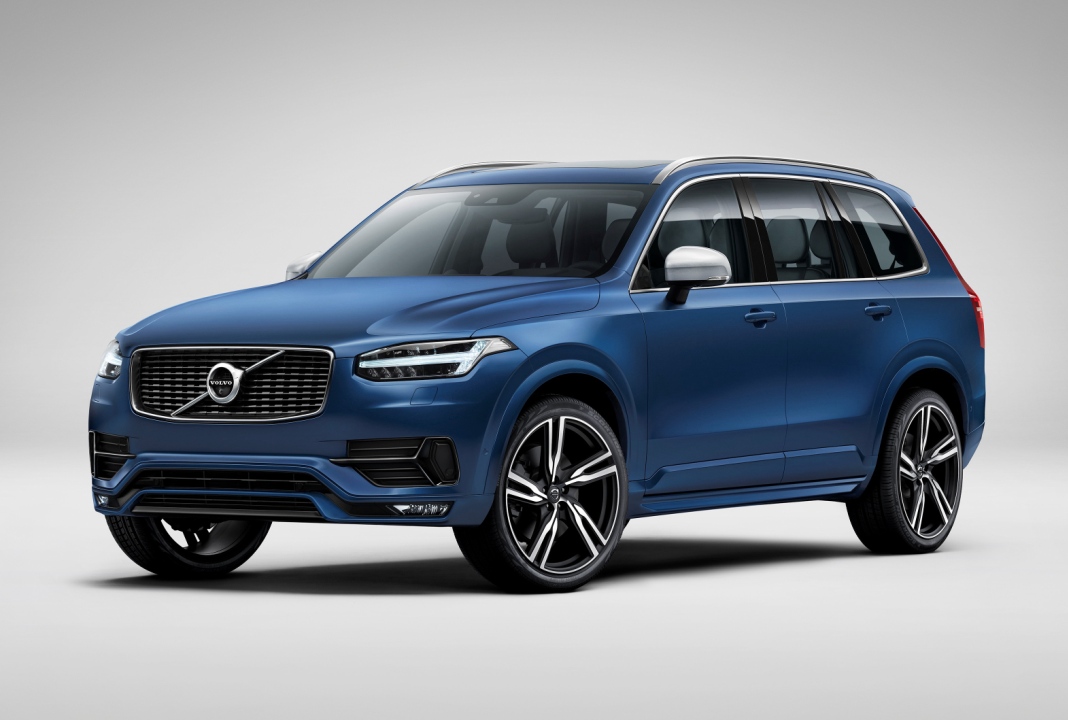
GM: Volvo is at the cutting edge of automation and semi-autonomous driver assistance systems. However, how effective would such systems be in, and have they been benchmarked for, driving conditions and environments that can sometimes involve poor road markings and erratic driving habits?
EK: Research on driver distraction shows that inattention risk comes from looking away when a critical event occurs, regardless of why you looked away. It is important to reduce eyes-off-road-time to a minimum. With these facts in mind, we have designed an interface that is simple and intuitive to reduce eyes-off road time, and offer active safety functions that act to remove critical events, e.g. Adaptive Cruise Control, Auto Braking by City Safety, Driver Alert Control, Run-off Road Mitigation. This is what we currently have in our cars to support the driver that is always responsible and in control of driving.
As for autonomous driving, Volvo offers a rounded approach. We know that it’s easy to create a self-driving concept car. However, it is much more difficult in real-life situations. The car must see, decide and act on its’ own. Volvo started the Drive Me project, the world’s most advanced and ambitious autonomous vehicle test in Gothenburg very recently. 100 real families will ride in AD XC90 cars in everyday life as of 2017. Instead of relying purely on our engineers’ research, Volvo aims to collect feedback and input from real customers using these autonomous cars in their everyday lives. Similar tests will start with real people behind the wheel of its self-driving cars in London and China in coming years. After real-time testing on a long-term, we will be more accurate in benchmarking the efficiency and the practicality of autonomous driving.


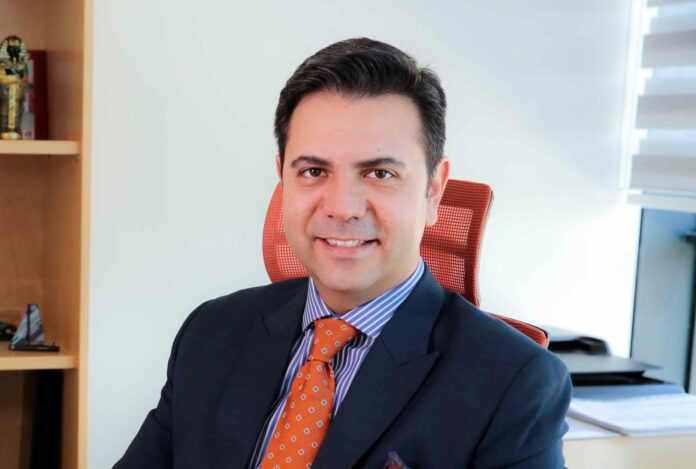

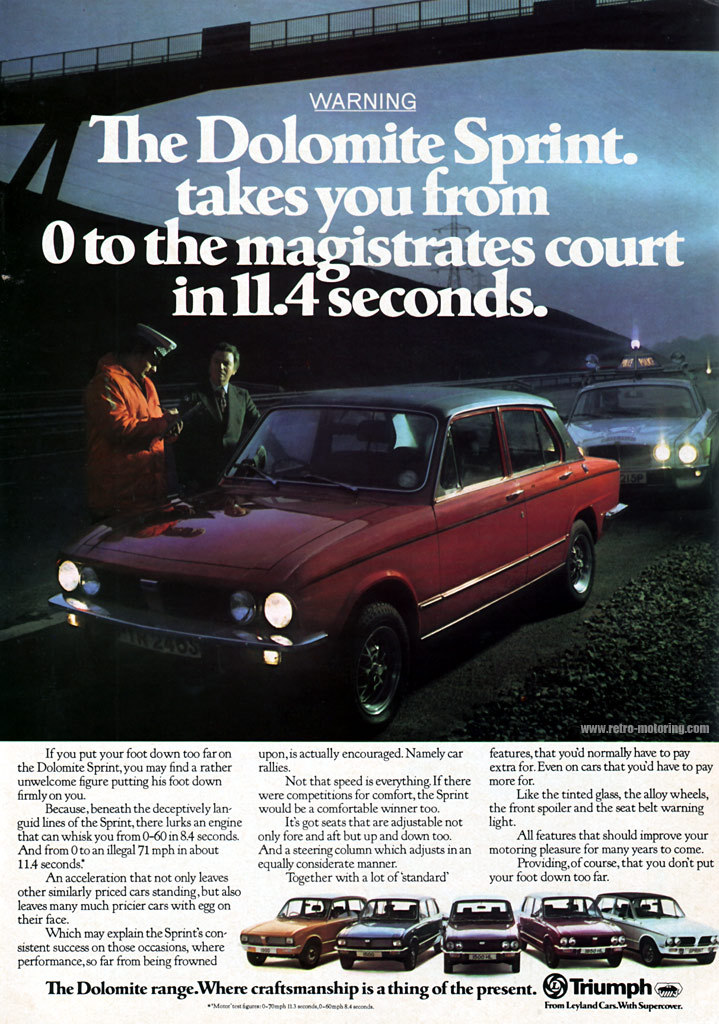
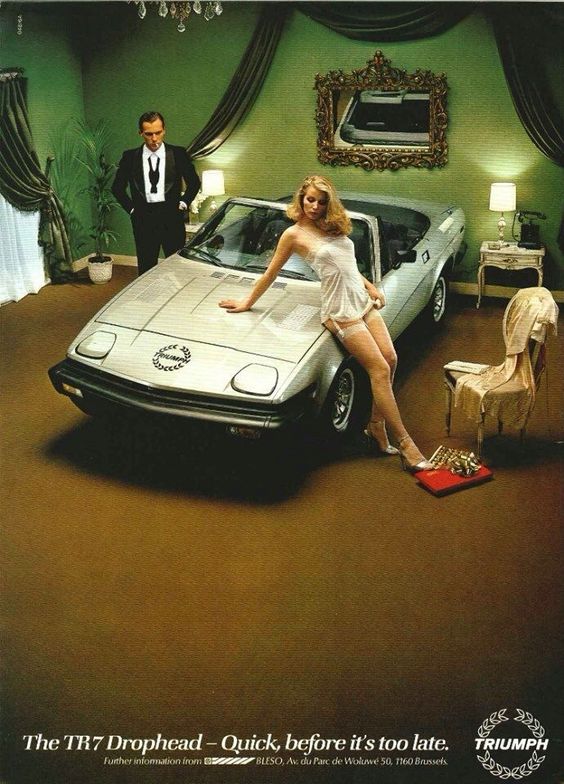
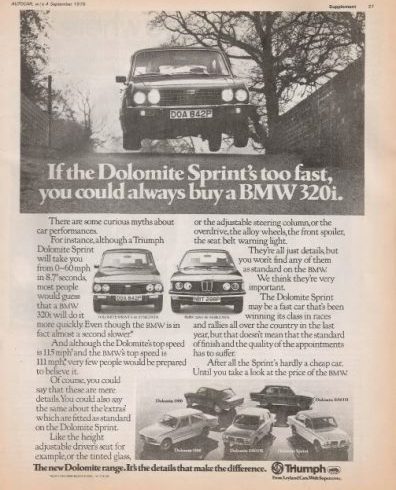
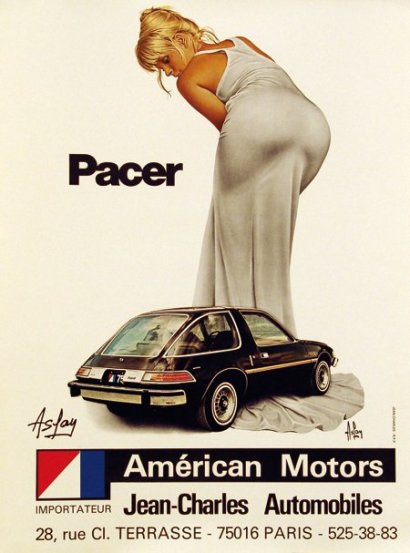




















Recent Comments